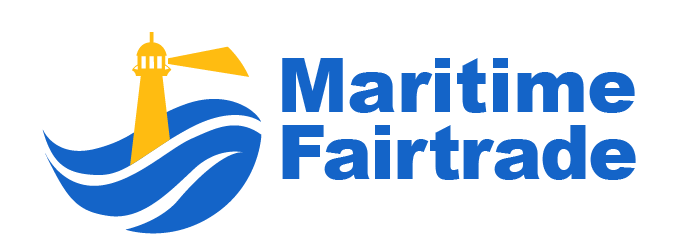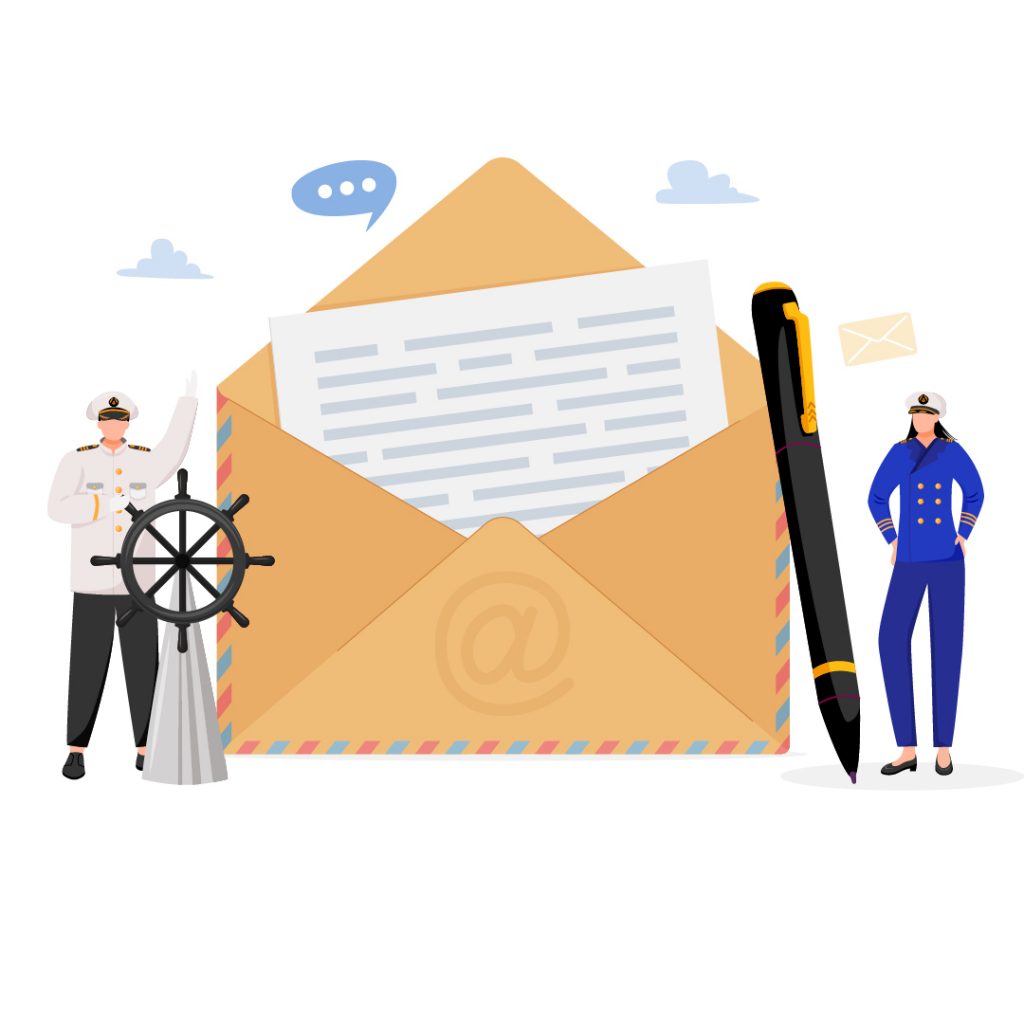Maritime pollution is one of the least talked about environmental issues, yet it is responsible for causing significant damage to our oceans, seas, aquatic life, and human health. Unfortunately, due to its lack of visibility and awareness, maritime pollution has become a hidden crisis.
This article will explore the concept of maritime pollution, detailing its consequences for our environment and well-being, its causes, measures to avert it, and the responsibilities of governments, non-governmental organisations, and citizens to combat it.
What is maritime pollution?
Maritime pollution refers to any contamination that occurs in or affects bodies of water such as oceans and seas. It is a major environmental issue that continues to threaten the ocean’s health and its inhabitants. Since the ocean covers nearly 70% of the earth’s surface, any pollutant released into it can have far-reaching effects on marine wildlife and human populations that are dependent upon it.
The effects of maritime pollution
Maritime pollution has a variety of damaging effects on both our environment and human health. Pollutants from ships, offshore drilling and other sources can enter the ocean in various forms, including sewage and oil spills, industrial waste, and debris. This threatens marine biodiversity and disrupts the natural balance of the ecosystem. It may even kill marine wildlife such as whales, dolphins, sea turtles, and birds by poisoning them through ingestion or inhalation.
Maritime pollution can also disrupt food chains by reducing available prey species for predators or contaminating existing food sources with toxins or debris. Furthermore, pollutants released into waterways can cause chronic diseases in humans, such as cancer, due to long-term exposure to polluted water sources.
How does maritime pollution occur?
The significant sources of marine pollution come from activities such as oil spills from ships or tankers; dumping garbage or toxic waste into the ocean; overfishing; vessel accidents; chemical runoff from industries; leakage from offshore oil rigs; air emissions from ships; and discharges from ports. These activities are detrimental to marine life and incredibly dangerous for humans who depend on seafood or consume fish from polluted waters.
Who is responsible for maritime pollution?
The main culprits behind maritime pollution are large shipping companies, which often come with their own tales of corruption. They are typically able to escape scrutiny due to the lack of strict regulations concerning ocean activity and the disposal of waste materials.
In addition to commercial vessels carrying cargo across international waters, there are smaller boats owned by fishermen who often dispose of their catch remnants directly into the ocean without any regard for potential consequences.
What can be done to prevent maritime pollution and hold polluters accountable?
To combat this global threat posed by maritime pollution, there needs to be effective regulation that holds polluters accountable for their actions, such as introducing more laws regarding proper disposal methods and creating stronger regulatory oversight of coastal areas. Governments should also implement stringent rules regarding ship operations, such as limiting vessel speed near sensitive habitats, to ensure that wildlife is not disturbed while travelling through protected areas like coral reefs or national parks.
Additionally, governments must take the initiative to encourage citizens to participate in clean-up initiatives designed to reduce pollution levels in coastal regions worldwide. This can be done by organising beach clean-ups, providing educational resources about ways people can help protect our oceans from further pollution and passing legislation enforcing environmental protection standards.
The role of governments, NGOs, and citizens in preventing maritime pollution
Governments, NGOs, and citizens all play a role in preventing maritime pollution. Governments can create laws to regulate activities that lead to pollution and monitor compliance with existing regulations. NGOs can advocate for increased public awareness about the impacts of maritime pollution and provide technical support to help reduce it. Ultimately, citizens have the ability to raise public consciousness and demand that their governments take responsibility for safeguarding the marine environment while exercising proper maritime practices.
These measures must be taken together to make a difference on such a massive scale. By working together, governments, NGOs, and citizens can make a major impact in the fight against maritime pollution.
Conclusion
It is the responsibility of the worldwide community to collaborate and address this covert emergency. This is because we all share the accountability of preserving our ecosystem from further harm brought about by negligent practices regarding maritime contamination.
Through cooperation, increasing understanding, and taking action, we can guarantee that future generations remain to enjoy healthy aquatic ecosystems without the presence of hazardous impurities stemming from careless conduct related to maritime practices.
Maritime Fairtrade calls on members to take action and help protect our oceans from further destruction caused by marine pollution. Keep informed of the latest maritime industry news through Maritime Fairtrade and contribute to the goal of preserving our oceans from contamination.
Visit our website or follow us on social media to learn more about our initiatives and how you can get involved with our maritime guide in Singapore.









